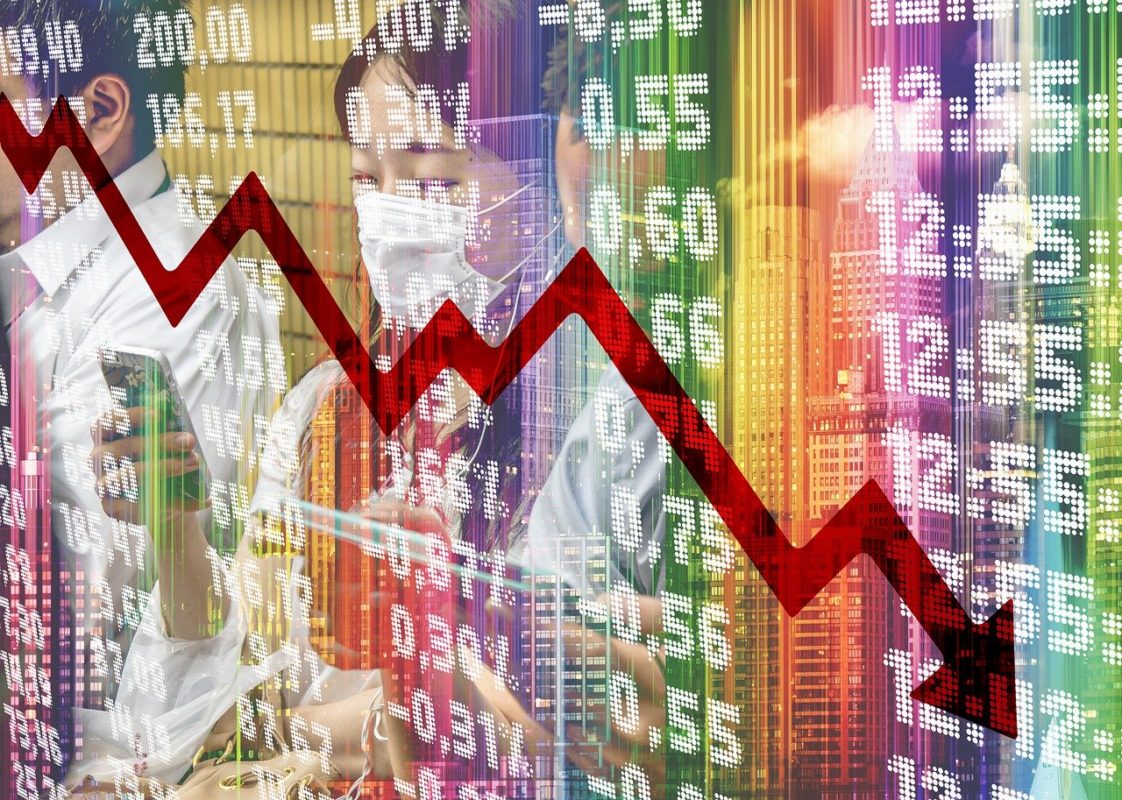The big story at the moment is how a community on the Reddit subgroup WallStreetBets has managed to bring to heel multi-billion dollar hedge funds who had been shorting GameStop shares. The shares are up a staggering 1,800 per cent in 2021, getting as high as US$480 at one point and now down to US$194 at the time of writing. It’s still all playing out – the share price may continue rising and no doubt will collapse at some point, although shockingly many brokers have banned purchases of the stock now. Casualties have already been taken, however. Melvin Capital Management, one of those shorting the stock, was forced to seek a US$2.75bn cash injection from its rivals Citadel and Point72, having lost US$3.75bn in the first three weeks of January. It has been forced to close out its multi-billion dollar short position in GameStop. Citron Research has also closed out most of its position in the stock at a loss of 100 per cent. Another well-known short seller, Muddy Waters, has cut all its short positions across the market.
There won’t be much sympathy felt for these hedge funds, as they have often faced severe criticism for their short selling actions and the disruption to financial stability that they bring. Nevertheless, it is also clear that this type of shorting does play a role in enhancing corporate transparency and governance and has helped uncover numerous frauds such as the recent Wirecard scandal.

Quite possibly there are other big institutional players on the other side of this trade who are also profiting alongside the smaller retail players. Despite this, I think that this whole episode demonstrates that there is something much more fundamental and revolutionary that will now develop. It shows the potential of people power – Average Joe vs. Ultra Joe – and a continuation of the discontent that people have been feeling since the Great Financial Crisis of 2008, something that is now being added to by the current COVID-19 crisis. The Millennials who are now active on platforms such as Robinhood and Trading 212 have seen the power their individual small trades can have against the establishment. Venture capitalist Chamath Palihapitiya, who had also gone long GameStop, noted this parallel on CNBC yesterday: “Coming out of 2008, Wall Street took an enormous amount of risk and they left retailers the ‘bag holders.’ A lot of these kids… they lost their homes, their parents lost their jobs, and they’ve always wondered, ‘Why did those folks get bailed out for taking enormous amounts of risk and nobody showed up to help my family?’”
If you look at the Reddit group, there is actually some very detailed company analysis taking place, as sophisticated as much of what you may see on Wall Street. Indeed, it is hard to believe that there are those calling for the SEC and other regulatory agencies to investigate and stop such trading. Surely this is the very definition of there being a free market – people are free to choose what to buy and sell. Essentially what they are saying, if the SEC and others try to ban such trading, is that it’s fine when Wall Street does it, but not when Retail does it. In other words, such regulatory action would be aimed at protecting the hedge funds rather than the Retail market. This could lead to a much bigger fallout. I would argue that the Reddit community is a much more honest platform, filled with smart people who can undertake their own due diligence and the share their decisions openly on both national and global levels among whoever wishes to see it. It is surely much more transparent than the hedge funds, investors and banks who take positions in the market and then play their own book through TV and internet appearances, publishing related research notes and making buy/sell recommendations intended to influence the retail market. Indeed, we are all familiar with many examples of trading on insider information and market manipulation that continues to be undertaken by Wall Street players.

Clearly the COVID-19 crisis is also adding in to the mix. People are no longer able to socialise in the usual ways, go out with friends, take part in sports or go to the movies, etc. Instead, most are stuck working from home and hence trading shares and participating in such online communities has become increasingly the norm. This is backed by the fear of the outcome from the increasing money printing that is taking place, which in due course could (is sure to) weaken fiat currencies substantially through inflation and reduced purchasing power. These themes are being flagged up continuously and hence it is not much of a surprise that people are keen to protect themselves as much as possible by investing the money they are saving in alternative assets to fiat currencies (at least for those who are fortunate enough to still have jobs and able to save).
So, what does the future hold? If anything, this trend will continue on and other companies whose shares have been shorted are already in the spotlight – AMC Entertainment, BlackBerry and Nokia among others. But I think that an even wider trend could start to emerge and that this kind of action may become a much more popular form of dissension. It is no exaggeration to say that the WallStreetBets community have done far more against Wall Street than Occupy Wall Street or the movements that Bernie Sanders in the US or Jeremy Corbyn in the UK had been leading. So the message is clear. Instead of protesting and demonstrating against issues people disagree with, which has, let’s face it, not resulted in any real change, there is now a better way to take the pain directly to The Street. And as a bonus, it can make you quite a bit of money in the process – what’s not to like? I think we will see more examples of this and it will gradually widen to encompass other causes. Most notably I think it will flow into the climate risk debate. If you think a financial institution or company is heavily contributing to fossil fuel usage and increasing climate devastation, individuals across the globe will now realise that in addition to running a campaign to boycott the company and/or their products, they will also have the option of influencing the stock price and benefiting personally as the company suffers. It is a way of making their views felt much more directly and of forcing a firm to take the pain onto their balance sheet, in a way that merely protesting outside its headquarters could never achieve.
Other areas I think this may eventually affect could in time include gold/silver and bitcoin. We may see similar action to support the gold or silver market, which has long been manipulated to keep prices down (most recently with JP Morgan being fined US$920m for spoofing the precious metals market). It also points to much stronger support for bitcoin, which was originally created as a direct alternative to the established financial system that people are protesting against. I would note that whilst this was its original aim, we are now increasingly seeing Wall Street rushing in to get their share of such a lucrative market. Establishment names such Goldman Sachs, JP Morgan, Citibank, Blackrock and Paypal are already leading the charge and are extremely bullish about bitcoin’s future, whilst the Office of the Comptroller of the Currency now allows the use of stablecoin cryptocurrency for bank payments. This will create a clear way forward for mainstream finance to use and invest in digital assets. So things may not quite work out as initially envisaged. Nevertheless, the same frustration at the failings of the financial system will continue to draw people to this sphere and increasingly also to the decentralised financial (DeFi) applications within the Ethereum platform. This may be driven by both increased regulatory controls of such activities in the traditional financial space and due to a number of the major online stock brokers deciding to stop users from trading particular stocks. The benefits of DeFi is that you cannot be stopped from using it at the whim of a broker. Indeed, once retail consumers start seeing how easy DeFi apps make it to invest, including purchasing calls and puts through cryptocurrencies, it will only increase their appetite for using such newer platforms.
2021 is about to get a whole lot more interesting!

